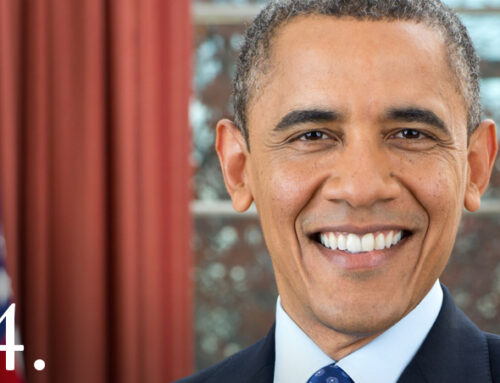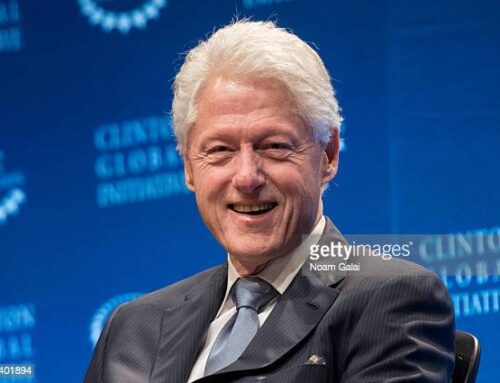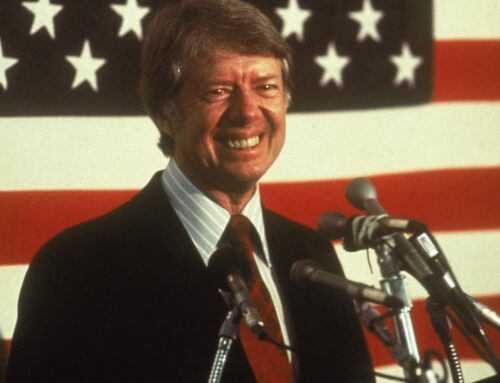Theodore Roosevelt, also known as Teddy Roosevelt, was the 26th President of the United States. He served two terms in office, from 1901 to 1909, and he was known for his energetic and decisive leadership style.
Roosevelt was born into a wealthy family in New York City, traced to earlier 17th-century settlers of New Amsterdam, but he was not content to simply live a life of luxury. He was a passionate outdoorsman and conservationist and spent much of his time exploring the wilderness and advocating for the protection of natural resources.
Theodore’s grandfather Cornelius inherited the Oyster Bay fortune from his father and grew it by becoming the first director of the Chemical Bank of New York, Today known as JPMorgan Chase & Co.
His father founded several Children’s Health businesses. Yes. It was in his blood, to work for Common.
As President, Roosevelt pursued several policies that helped to shape the modern American landscape. He established the U.S. Forest Service and protected over 230 million acres of land, setting aside national parks, forests, and wildlife refuges for future generations. He also worked to regulate the food and drug industries, and he signed the Pure Food and Drug Act and the Meat Inspection Act into law.
In foreign policy, Roosevelt was a strong advocate of American expansionism. He sent the U.S. military to the Caribbean and the Pacific to protect American interests. He was the first American to win the Nobel Peace Prize for his role in negotiating the end of the Russo-Japanese War.
Overall, Theodore Roosevelt was a bold and dynamic leader who left a lasting impact on the United States. He will be remembered as a champion of conservation and a defender of American interests worldwide.
As America evolved into an industrialized nation, corporations took on new dominance—shaping what Americans bought and ate, how long they worked, and what wages they earned. Many middle- and working-class Americans began to seek a bulwark against this overwhelming power; “progressives” like Roosevelt delivered. Among his accomplishments: breaking up monopolies, including one of the nation’s largest railroads; strict new rules for inspecting meat and medicine; and the creation of dozens of national parks and forests.
After his father’s death, Roosevelt had inherited $65,000 (equivalent to $1,825,155 in 2021), enough wealth on which he could live comfortably for the rest of his life, which he later depleted with failed land investment. But he made money on other land holdings. 235-acre land of Sagamore Hills. One of the most valuable real estate on long island. Lesson learned. Even the Wealthiest US president can go wrong. So accept your failure.
But that’s not all, Teddy Roosevelt was known for his work against Monopolies. That all was heading towards one big fall of the stock market. Roosevelt viewed big business as a necessary part of the American economy and sought only to prosecute the “bad trusts” that restrained trade and charged unfair prices. He brought 44 antitrust suits, breaking up the Northern Securities Company, the largest railroad monopoly; and regulating Standard Oil, the largest oil company.
His “Square Deal” included regulation of railroad rates and pure foods and drugs; he saw it as a fair deal for both the average citizen and the businessmen. Sympathetic to both business and labor, Roosevelt avoided labor strikes, most notably negotiating a settlement to the great Coal Strike of 1902.
All of this is supposed to affect super-rich people. and that happened.
In 1907, Roosevelt faced the greatest domestic economic crisis since the Panic of 1893. Wall Street’s stock market entered a slump in early 1907, and many investors blamed Roosevelt’s regulatory policies for the decline in stock prices. Roosevelt helped calm the crisis by meeting on November 4, 1907, with the leaders of U.S. Steel and approving their plan to purchase a Tennessee steel company near bankruptcy—its failure would ruin a major New York bank. He thus approved the growth of one of the largest and most hated trusts, while the public announcement calmed the markets.
Roosevelt exploded in anger at the super-rich for the economic malfeasance, calling them “malefactors of great wealth.” in a major speech in August entitled, “The Puritan Spirit and the Regulation of Corporations.” Trying to restore confidence, he blamed the crisis primarily on Europe, but then, after saluting the unbending rectitude of the Puritans, he went on.
What I learn here, economic growth is supposed to be balanced, just like your portfolio. You can’t keep on giving importance to equity. there are many things that you can add to your portfolio. Some things may go out of your hand. not everything will happen as you plan. Sometimes your actions maybe affect your wealth. not all of us are experts. but keep some parts as insurance. Start keeping a diary or journal.
Theodore Roosevelt, the 26th President of the United States, had a significant impact on the country’s financial landscape during his presidency. One notable story related to his finances is his role in the passage of the Federal Reserve Act of 1913.
During the early 1900s, the United States was in the midst of a financial crisis. Banks were failing, and the economy was in a state of turmoil. President Roosevelt recognized the need for a central banking system to stabilize the economy and provide a means for the government to control the money supply.
In 1913, President Roosevelt pushed for the passage of the Federal Reserve Act, which created the Federal Reserve System, commonly known as the Fed. The Fed was designed to serve as the central banking system of the United States and to provide a means for the government to control the money supply.
The Federal Reserve Act was a major accomplishment for President Roosevelt and had a significant impact on the country’s financial landscape. The Fed’s creation helped stabilize the economy, and it has served as an important tool for the government to manage the money supply and control inflation ever since.
an independent nation is supposed to have strong banking and financial system but also an independent person needs one strong financial system through which He can handle his all transaction. Teddy Roosevelt, as he was known among people was clean, and transparent.




